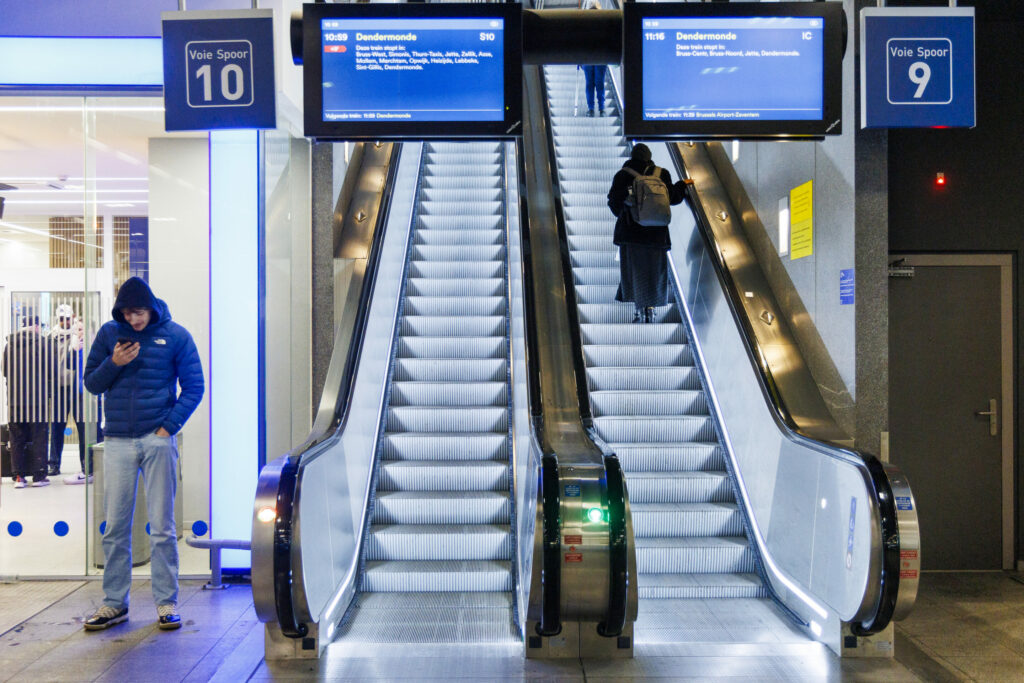Belgium's nine-day rail strike is entering its final days. This weekend, many stations located in popular tourist spots (especially in the Ardennes) will not be serviced, potentially hampering people's day-trip plans.
The ongoing nine-day rail strike in Belgium started at 22:00 on Friday, 21 February, and will run until 22:00 on Sunday, 2 March. The start of the working week was hectic – marked by overcrowded trains and traffic jams – while in recent days, large parts of Wallonia have suffered severe disruptions.
A reduced alternative train service is being offered for every day based on the staff available. The impact differs every day, which can be explained by the alternation in staff who are called to strike.
On Saturday 1 March, the alternative train service is (approximately) as follows:
- One in two IC (Inter-City) trains will run. They directly connect major cities and only stop at the biggest stations.
- Two in five S (suburban) trains and L (local) trains will run (around 40%). S trains run at fixed times in and around major cities, stopping at most stations. L trains run between the major cities but stop at every station along the route.
- Again, almost no Peak (P) trains will run. They normally only run during the morning and evening rush hours.
Hardly any trains will be running in parts of Wallonia (province of Luxembourg, most of the province of Namur and the east of Walloon Brabant, particularly between Ottignies and Brussels). SNCB has therefore adjusted the route of certain trains.
More than 150 stations will not be served on Friday, including several in popular destinations for tourists and day-trippers such as Namur, Dinant, Marche-en-Famenne, Spa, Andenne and Neufchâteau. On the Belgian coast, no trains will be stopping at De Panne, Koksijde and Zeebrugge strand. In Brussels, Etterbeek station will be impacted by this issue.
End of strike
On Sunday, more IC trains and S and L trains will run (two in three or around 65%). Unlike in all previous strike days, almost all P trains will be running. Especially in the evening, these reinforce the offer as many Belgian students will travel back to their student accommodation (kot) after a weekend at home.
Another peculiarity of Sunday's alternative schedule is the fact that trains will run as much as possible on Sunday to and from the Flemish city of Aalst for the Aalst Carnival, despite the strike action. "During peak hours, when most travellers arrive or depart by train in Aalst, capacity will be reinforced as in previous years."
Sunday is the last day of the nine-day strike by the two independent railway unions OVS and ASTB (it will end at 22:00). From Monday, services are expected to return to normal.
However, several more rail strikes are planned in the coming weeks and months. For instance, ACOD Spoor and ACV-Transcom will stop work on Monday, March 17. Both unions will also participate in the general strike of public services on 31 March. Four more strike days will then follow in the four months thereafter. Another week-long strike will take place between Sunday 23 March and Sunday 30 March.

